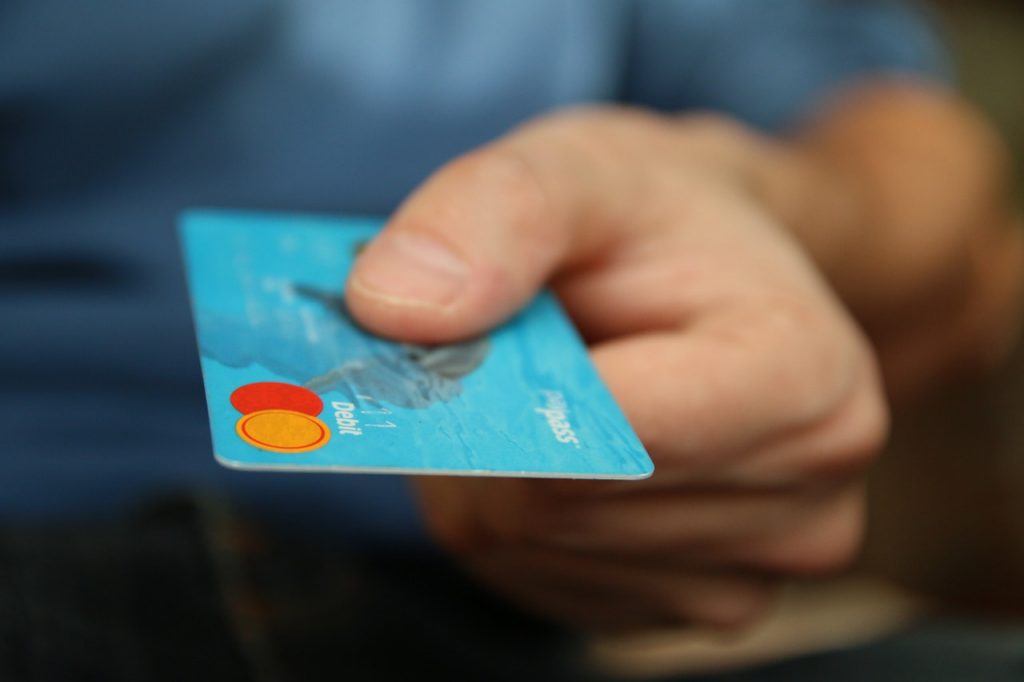The company card is one thing that digital will not completely replace anytime soon. Here are a few reasons why the old school business card remains significant, and why you need to have a pocket full of them constantly.
- Swapping contact information digitally is unbiased
Networking is about making real connections. Sending contact info via text or email on the place is convenient but it is also extremely impersonal. Engaging in eye contact and real conversation is the way real relationships begin.
Two people with their heads buried in their telephones typing away will not produce any sort of significant memory of their experience. It is easy to transfer the data from a business card to your mobile device after the dialog.
- They are the best direct marketing tools
 Email advertising, search engine optimization and paid press all do an excellent job of bringing prospects and leads, but they still are not as successful as an in-person meeting sealed with a handshake together with a business card exchange.
Email advertising, search engine optimization and paid press all do an excellent job of bringing prospects and leads, but they still are not as successful as an in-person meeting sealed with a handshake together with a business card exchange.
You can encounter a possible lead or contact anytime; tradeshows, business conventions, happy hour, airport lounges, at a restaurant. When choosing to equip yourself with business cards at all times, you will make certain you never miss a chance to earn a valuable company connection. Keep some in your pockets, wallet, money clip or notebook bag so the next time you encounter a prospect you are prepared.
- A business card is the first impression of your brand
When you meet somebody that could possibly be an excellent prospect or connection, do you want them to walk off with a terrific first impression? A memorable business card, with a specific print design does a lot more than simply pass on an email address or telephone number. When I make a connection via my business card, I really do not want my new related to the word cheap. A retail store hoping to make a terrific first impression would not produce a storefront sign using a bit of cardboard and a Sharpie, perhaps go to an actual printing business and get some signage printing done. I have that exact same mentality in regards to my business cards. Yes, they may cost more, but think of how many unnecessary expenses you can cut to allocate funds for good business cards. Hold off on the Ping-Pong table and espresso machine to your office and get some business cards in which will make a terrific first impression.
- Creative business cards become shared — continuing to advertise for you wherever you are
A business card is a physical thing with positive prospect which leaves the experience with your client. Your brand remains with them. If you meet with a prospect and exchange email addresses and telephone numbers you every walk away with a different contact on your cellular phone — it ends there. If you hand over a creative business card which makes a excellent impression that person is very likely to reveal it to others, putting you and your brand before additional prospects.
- Business cards show you are prepared
Have you had someone want to give you their contact detail but cannot as they do not have a pen or paper? How about somebody that had a cell phone with a dead battery? It is not the most professional approach.
If you met two people and one was scrambling to locate a pen and something to write on and another person simply pulled out a company card, who would you want to work with? Showing that you are ready at all times is a wonderful indicator that you are professional.
 What exactly are young people and aspiring homeowners to do right now? Let’s say you have a savings program and a monthly budget, your savings account is growing steadily, you are diligently socking away your shift, you are avoiding spending large at the pub on nights out, and you have even cut down avocado toast and soy lattes, and don’t forget cutting
What exactly are young people and aspiring homeowners to do right now? Let’s say you have a savings program and a monthly budget, your savings account is growing steadily, you are diligently socking away your shift, you are avoiding spending large at the pub on nights out, and you have even cut down avocado toast and soy lattes, and don’t forget cutting  Managed funds see your money directed into the stock exchange, but rather than you going directly to your stockbroker or online to make trades, or on house
Managed funds see your money directed into the stock exchange, but rather than you going directly to your stockbroker or online to make trades, or on house